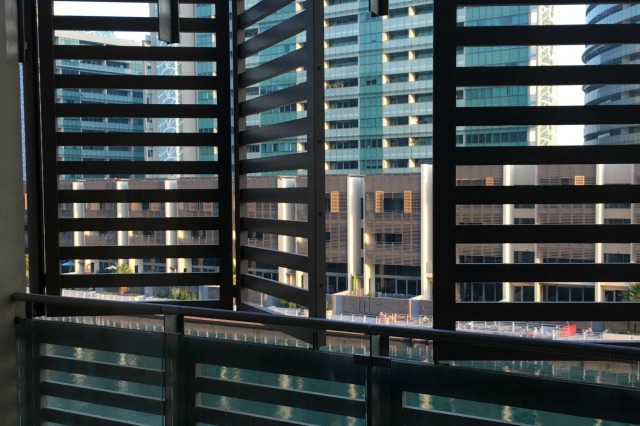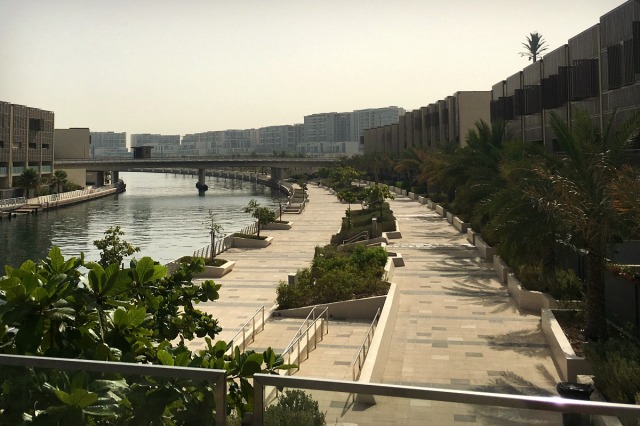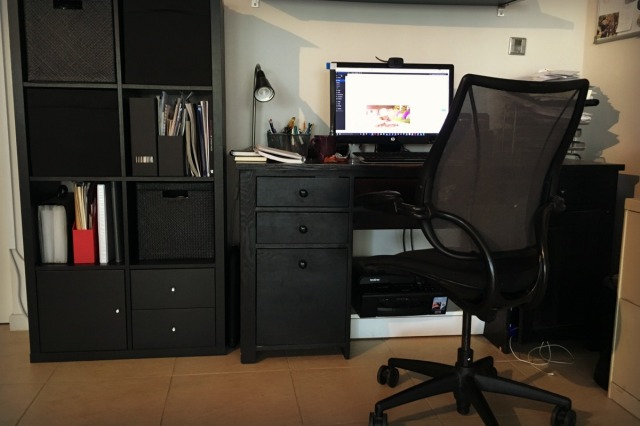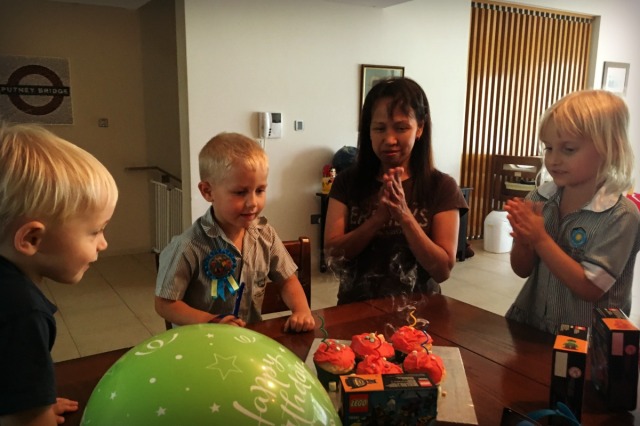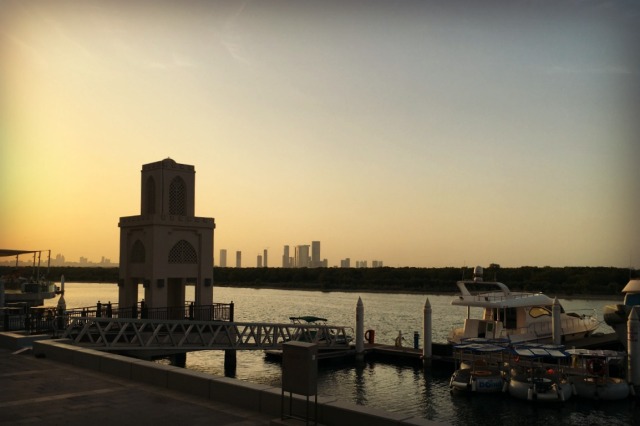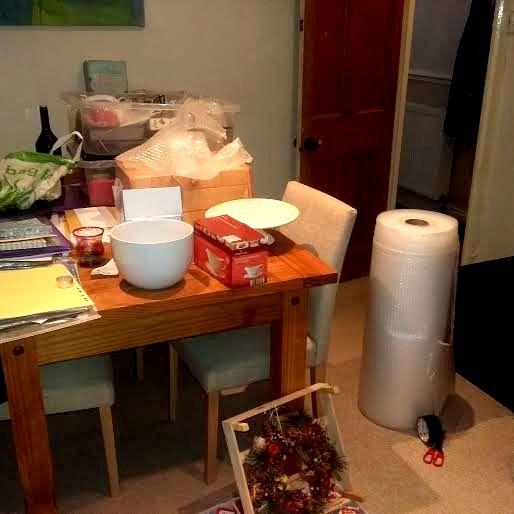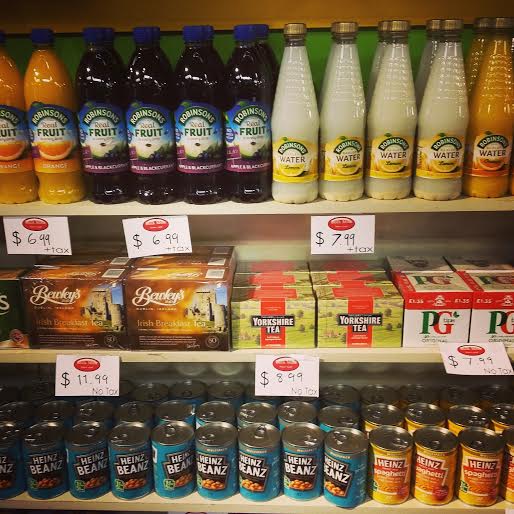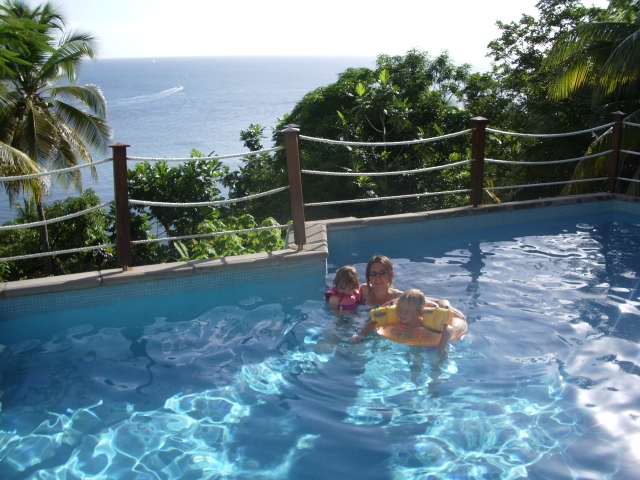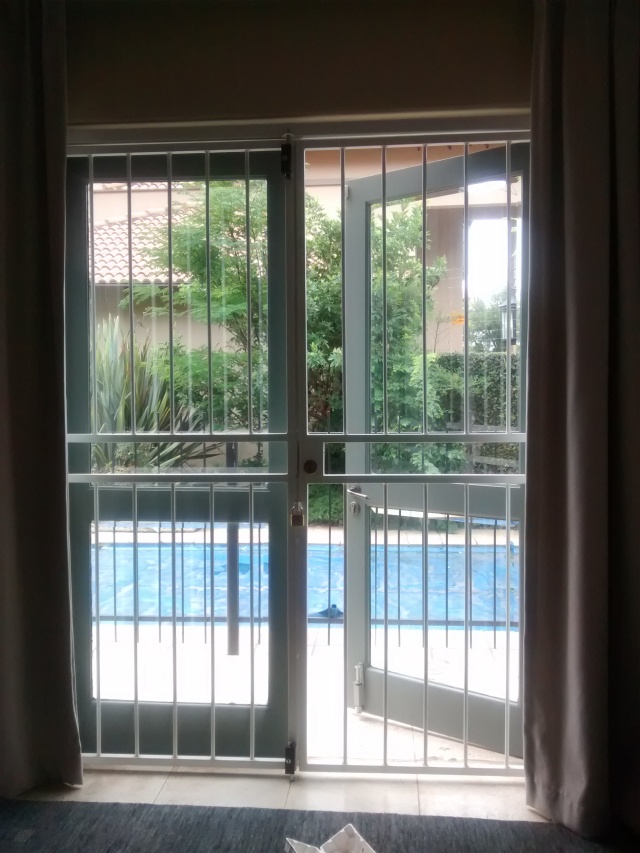The other day I was meant to be going to a welcome party thrown by our new High Commissioner who has recently arrived in the country. It was to be a braai, that most South Aftican of get-togethers, at his house. Everyone was invited and it all sounded very jolly.
Except unfortunately I didn’t get there. My husband was stuck in traffic after a road closure between Pretoria and the airport and didn’t get home in time to pick me up. Of course I absolutely could have gone on my own and I am sure I would have been welcomed. But I didn’t really want to. So I didn’t go.
I have been thinking about this because there was no reason why I felt I couldn’t go alone – I would have known a few people there and it’s always interesting to have a nose at a new head of mission and his wife. But when it came down to it, it felt odd going without my husband because it felt like I would have been going to his work do without him. And this made me feel a bit sad.
I have been part of embassies and high commissions on and off all my life. We spent four years in the Philippines as a child and I can still remember the Christmas partys, with one of the staff members dressing up as Santa in the crazy Filippino heat. Then later we were in Caracas and my social life revolved around the young staff at the embassy – nights out, weekends away…even though I didn’t work in the embassy, I was always welcomed and asked along to things.
More recently we were in Islamabad when the Marriott bomb of 2008 forced our evacuation. I believe strongly that things could have been a lot more chaotic had the High Commission not built up a sense of community among the families working there. As it was, the days and weeks following the bomb were pretty distressing but at least we felt the people-in-charge knew who we were and cared about our well-being. We might only have been the non-working spouses and children but we were made to feel like we were part of the High Commission and that our needs mattered.
Since moving to Pretoria I haven’t really felt this. The High Commission here is a distant place full of people I don’t know. We are not connected and there are many other spouses I have never met. For me personally this is not a huge issue – I have lived in many other, much harder, places and because I have school-age children have been able to meet many friends and built a community through other methods.
But for other people who have never lived abroad before or are not used to living in a developing world country (even though South Africa is a relatively easy place to live, the fear of crime does impact on many when they first arrive in particular), this lack of an inclusion into a ready-made community can be devastating.
Of course not everyone wants to be part of their spouse’s office life and over time all of us will undoubtedly build our own connections elsewhere. But if you don’t have an office or a school or a mosque or church or some other instant “thing” where like-minded people will welcome you, help you, just talk to you in those early, lonely days, if you don’t have that then well life can be pretty tough. And although those of us who have been through this before know well that it does, over time, get easier, that isn’t much comfort for that person going through it right now. Or for that person who might give up before they get to that point.
So what do you do if you are in this situation? If no-one from the office calls you on your first day and asks you out for a coffee? If you don’t have children to meet people through or they go on a school bus so you never see any other parents anyway (and yes, there are plenty of things to get involved with at school like Parent Assocations, but they’re not for everyone)? Luckily for us we live in the age of the internet and because of this you can start to build your community before you even arrive. These days almost every location has am expat group where you can post questions and ask about things like housing and schools long in advance of your arrival. Many of these groups are also social and organise nights out, day trips, cinema evenings etc.
But even if you don’t find such a group or you don’t like the look of what’s on offer, the internet can be a god-send in this situation in another way. Nowadays, because I work from home, I spend a lot of time “talking” to people on line. Sometimes via Facebook posts, often through messaging. I would say quite a decent percentage of my friends are now people I have never met – and I know some of them so well that I actually forget I have never physically met them in person. This includes expats in other countries I have clicked with, writers in various writer groups I belong to, “mum” friends made from the days when my children were babies, and a various assortment of odds and sods I seem to have picked up along the way who I just enjoy being in contact with. And one of the lovely things about these relationships is that when you move – they will still be there. Whilst the relationships you have with people you see on a day-to-day basis will by necessity change when you move on, with some of them staying friends and others dropping off, the ones that you have with the people in your computer will remain.
And yes of course I know that real-life, warm, huggable people are so important to have around, sometimes that just isn’t happening. So in those circumstances, don’t feel you have no friends. Don’t get lonely or give up on ever meeting someone you get along with. You still have friends, you can still talk to them every day as much or as little as you want. And in the meantime you will slowly build up friendships in “real life” who won’t replace the ones in the computer but will complement them.
No-one should feel that they don’t belong. We all belong somewhere. Sometimes, though, it just takes a while to find your tribe.
Picture credit: Orangoing


